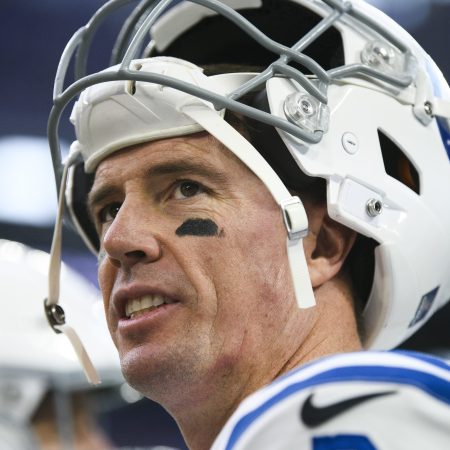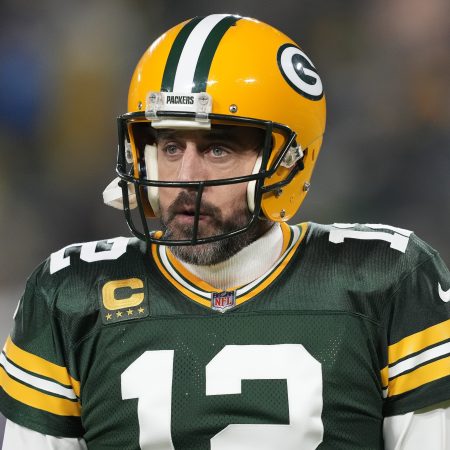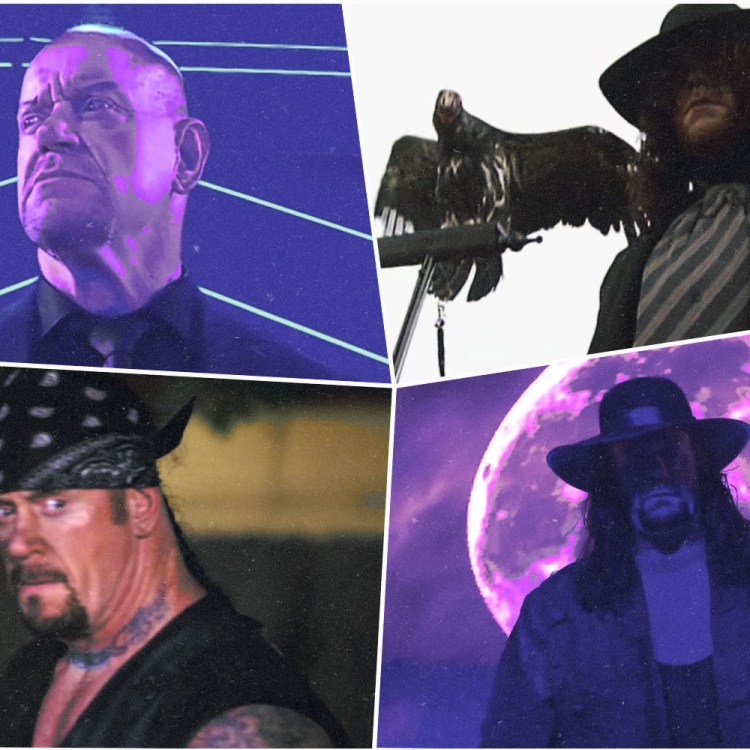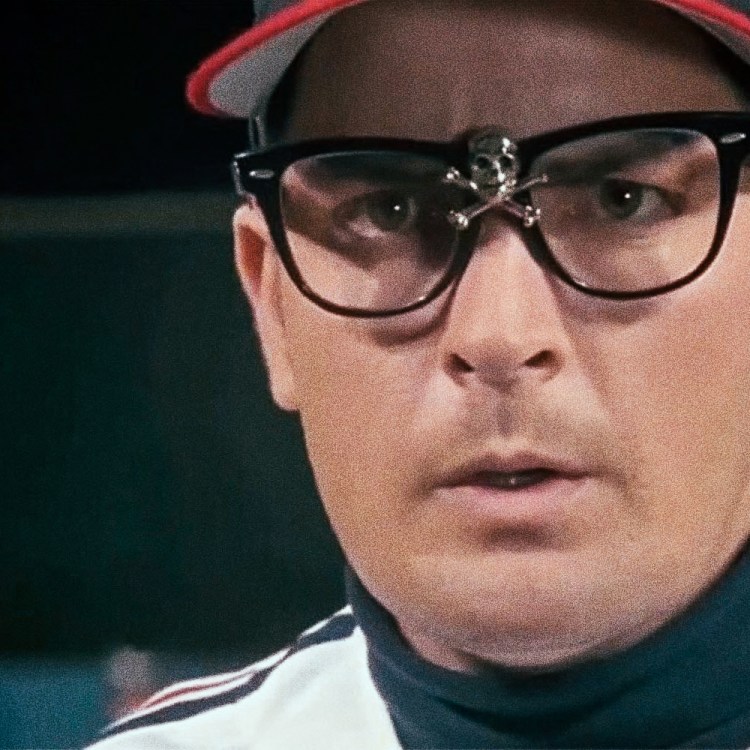Besides being some of the most recognizable superstars in sports and the world in general, what do LeBron James, Michael Phelps, Tom Brady and Michael Jordan all have in common? They are all in Jim Gray’s Rolodex.
Gray, a 12-time National Sports Emmy Award winner who currently works for Showtime, Fox and Westwood One Radio, has spent more than four decades getting some of the most iconic athletes in the world to talk about their biggest triumphs and worst failures.
The 60-year-old sportscaster conducted his first interview in 1978 with Muhammad Ali at Denver’s old Stapleton International Airport and, in addition to the names mentioned above, has cultivated relationships with everyone from Mike Tyson and the late Kobe Bryant to Stedman Graham and Jack Nicholson.
It was Nicholson, incidentally, that gave Gray the nickname Scratchy — and it has nothing to do with his golf game, as he details in his new book Talking to GOATs: The Moments You Remember and the Stories You Never Heard.
“Nicholson would watch my interviews and he called me one day and said, ‘You got a little scratchy with those people. I like the way you keep digging for the story. Keep scratching. Keep digging. I’m always going to be for the performer, but I like the way you dig it out. So keep being scratchy, old scratch.’ So he started calling me Scratchy,” Gray tells InsideHook.
Over the 40-plus years he’s been scratching out stories from the best athletes in the world, Gray has noticed there is one characteristic they all share.
“They’re all very different, but most of them are extremely dedicated. They are myopic in their pursuit of excellence and desire to achieve something really great without being deterred no matter what obstacles are placed in front of them,” Gray says. “There’s a thing that separates them, and that’s the ability to endure and to not be denied. A defeat is only a setback. It’s not the end of it. So they learn from it and grow from it.”

As Gray writes in Talking to GOATs, the ultimate competitors go to great lengths to achieve the perfection by which they define themselves.
“Michael Phelps stared at a black line underwater for the majority of his adult life so he could, on those occasions when he had to be able to have that eyelash or that fingernail touch the end of the pool first, win all those gold medals,” Gray says. “In some instances, that tormented him, but it also made him so great that he achieved what no one else ever has.”
While Gray hasn’t honed his interviewing skills by quite the same methods that Phelps did his butterfly, the personal relationships he’s developed with the sporting world’s biggest personalities have taken extraordinary effort.
“It takes work to have good relationships. Be that with your parents, your children, your wife, your friends, your business acquaintances or, in my business, the team of people that I work with on the broadcasts,” Gray says. “It all takes work, and if it’s not good, it shows up in all those facets of life. Relationships do take a lot of work and a lot of time and a lot of energy. But it’s not like shooting a basket 150,000 times in the course of a week. It’s not really a skill. It’s just effort. I’m not just a sportscaster, but someone who values relationships and is willing to work hard at them and can be trusted. But relationships and true friendships are also reciprocal. It has to work both ways. I’ve been fortunate that — in the relationships I’ve had — that’s been the case.”
Is it possible that the star athletes Gray interviews on a regular basis recognize how much effort he puts into his craft, and one reason they feel so comfortable opening up to him is a sense of kinship?
“It’s hard for me to speak for them, but I hope so,” he says. “I’ve been dedicated and done the best I could for the people that I worked for and with and for the audience. And I keep trying to do that. I still want to get better tomorrow than I was yesterday. If you just open the book and read the first line … that’s what I’ve tried to achieve and what I feel great about.”
The first line Gray is referring to was written by Bryant prior to his tragic death earlier this year. “If I had one word to describe Jim Gray, I would say, honest,” it reads.
Gray, who says Bryant is somebody he loved and admired, truly appreciates that sentiment.
“I’m honored by those words. Words are impactful to me. Words have meaning,” he says. “Honest. That’s what I’ve tried to be. That’s what I am.”
For some of the greatest athletes who ever lived, that’s been more than enough.
This article was featured in the InsideHook newsletter. Sign up now.






















